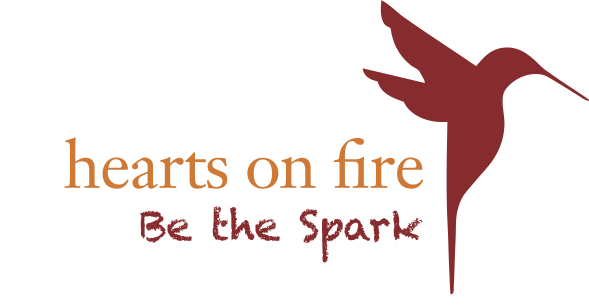MEDIC MOBILE
The power of three: Josh Nesbit, Isaac Holeman, and Nadim Mahmud. Their story captures the energy of a generation. It is all about connections: connections with others and connecting technology with social innovation to impact lives—even save lives—in any corner of the world.
Josh and Nadim met at Stanford University when Josh was an undergrad and Nadim was in medical school. Connecting online with Isaac at Lewis & Clark College in Portland, Oregon, they found the three of them shared a common interest in the developing world, and together they completed the skill set they needed to connect technology with service and launched Medic Mobile in 2009.
Today there are more than 6,000 health workers using Medic Mobile technology, reaching 600,000 patients across 16 countries! The provision of health services in the world’s developing countries is a struggle. According to the World Health Organization, while the life expectancy in high-income countries is eighty years, the global average is sixty-eight years, and in Africa it is just fifty-four years. Every day, a thousand women die of complications from pregnancy and childbirth. Countless children in Africa and South Asia die needless deaths due to poor sanitation and unclean drinking water.
While there has been some progress in treating disease worldwide, there is still much to be done. In the developing world, lack of infrastructure prevents health workers from delivering efficient health care to rural areas. Yet many of the gaps and shortcomings of rural health care systems could be addressed by using simple, locally appropriate communication technologies.
Medic Mobile develops and extends software applications for health care information, including FrontlineSMS, OpenMRS, a SIM card platform called Muvuku and a Web application called Kujua. The goal is to make the benefits of health care information networks available to clinics and health workers in rural Africa, Central America, South Asia, and the United States.
Medic Mobile’s projects support community health workers in the field, coordinating services and referrals, facilitating data collection and logistics, and mapping health services. As the tagline of Medic Mobile says: “Text messages save lives.”
When Josh, Isaac, and Nadim were starting out, the field of mHealth— a term used to describe the use of mobile devices to support medicine and public health—was in its infancy. Today, mobile devices are used to collect community and clinical health data; to deliver health care information to practitioners, researchers, and patients; to monitor patients’ health signs; and to provide direct care referred to as telemedicine.
Medic Mobile is a pioneer in developing the use of SIM cards to connect very poor communities to health services. Isaac was named one of the mHealth innovators of 2011 for an invention that enables Medic Mobile to run applications that can be used in widely available and inexpensive cell phones.


